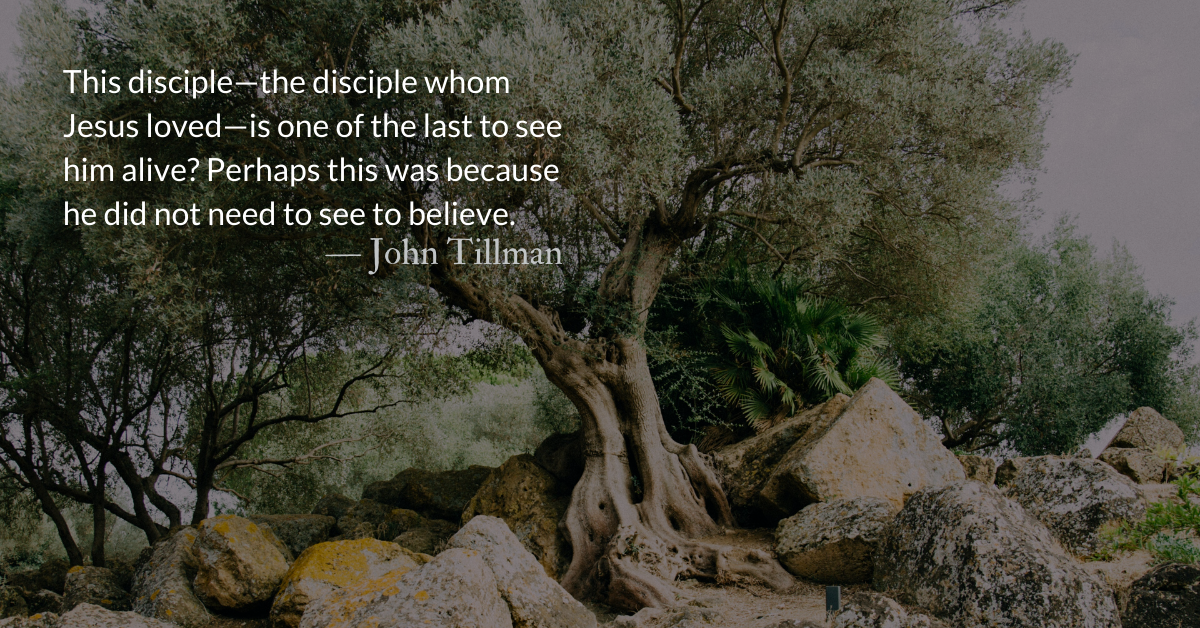Scripture Focus: 1 Corinthians 15.3-10
For what I received I passed on to you as of first importance: that Christ died for our sins according to the Scriptures, that he was buried, that he was raised on the third day according to the Scriptures, and that he appeared to Cephas, and then to the Twelve. After that, he appeared to more than five hundred of the brothers and sisters at the same time, most of whom are still living, though some have fallen asleep. Then he appeared to James, then to all the apostles, and last of all he appeared to me also, as to one abnormally born. For I am the least of the apostles and do not even deserve to be called an apostle, because I persecuted the church of God. But by the grace of God I am what I am, and his grace to me was not without effect.
1 Timothy 6.17-19
Command those who are rich in this present world not to be arrogant nor to put their hope in wealth, which is so uncertain, but to put their hope in God, who richly provides us with everything for our enjoyment. Command them to do good, to be rich in good deeds, and to be generous and willing to share. In this way they will lay up treasure for themselves as a firm foundation for the coming age, so that they may take hold of the life that is truly life.
Reflection: The Last Shall be First—Resurrection Appearances
By John Tillman
Paul’s analogy, translated “born unnaturally,” could be interpreted to mean an abortion or miscarriage. It is similar in meaning to the Hebrew word Job uses in Job 3.16 to wish he had never been born. Paul was not aborted but rather reborn—resurrected by Jesus as a new person. Paul’s intention seems to be to humble himself, making himself as unimportant as possible.
Paul describes himself as the “last” to see the risen Jesus and the least of the apostles but he became much more than that. By word count he is unquestionably the first, especially of epistles which contain explanations of the theological meaning of the gospel resurrection accounts.
Paul’s writing in 1 Corinthians 15 relates to us one of the earliest bits of writing about the resurrection. In verses 3-5, Paul is passing on what he learned from others about the resurrection appearances of Jesus. This text is a rhythmic format in Greek which scholars (including Gary Habermas, whose video discussing this we shared earlier in the week.) believe indicates it was written as early as one to two years after the cross and was intended as an easily memorizable early creed or lesson.
This statement of faith in the resurrection could have been memorized and shared by some of the very families which Paul had been putting in chains prior to his conversion.
If we believe the New Testament, then much of its message hinges on appearances and visions of Jesus. It is an important detail that these visions are not simply taken at face value in the text. The disciples and the authorities doubt them, test them, hear them over and over, and reconcile them with scripture. Paul, before experiencing an appearance of Jesus, tortured and murdered others for believing them.
In Paul’s day, women and children were not to be believed. So Jesus comes to the women first. Scholars and theologians were believed to see the scriptures clearly. So Jesus blinds Paul, one of the most brilliant theologians of his day.
We must flip many of our assumptions to enter the gospel story. To be mature we must believe as children. To be a part of the family we must admit we are outsiders. To gain riches of spiritual insight we must admit we are poor, blind, and naked.
Following Paul’s example, only by putting ourselves last, can we put Jesus first and take hold of “the life that is truly life.”
*For information on the historical evidence of the consistency and reliability of the gospel message, see this video from scholar, Gary Habermas — 1:20
Divine Hours Prayer: The Greeting
O God, you know my foolishness, and my faults are not hidden from you. — Psalm 69.6
– Divine Hours prayers from The Divine Hours: Prayers for Springtime by Phyllis Tickle.
Today’s Readings
Ecclesiastes 4 (Listen – 2:18)
1 Timothy 6 (Listen -3:16)
This Weekend’s Readings
Ecclesiastes 5 (Listen – 2:50), 2 Timothy 1 (Listen -2:37)
Ecclesiastes 6 (Listen – 1:44), 2 Timothy 2 (Listen -3:17)
Read more about Angelic Visions Require Childlike Faith
If we read the Bible, and if what we read has anything to do with what we believe, then we have no choice but to take angels seriously.
Read more about Gospel Faith or Garbage Faith
Once he met Christ, Paul realized everything prior was waste, rubbish, by comparison.











